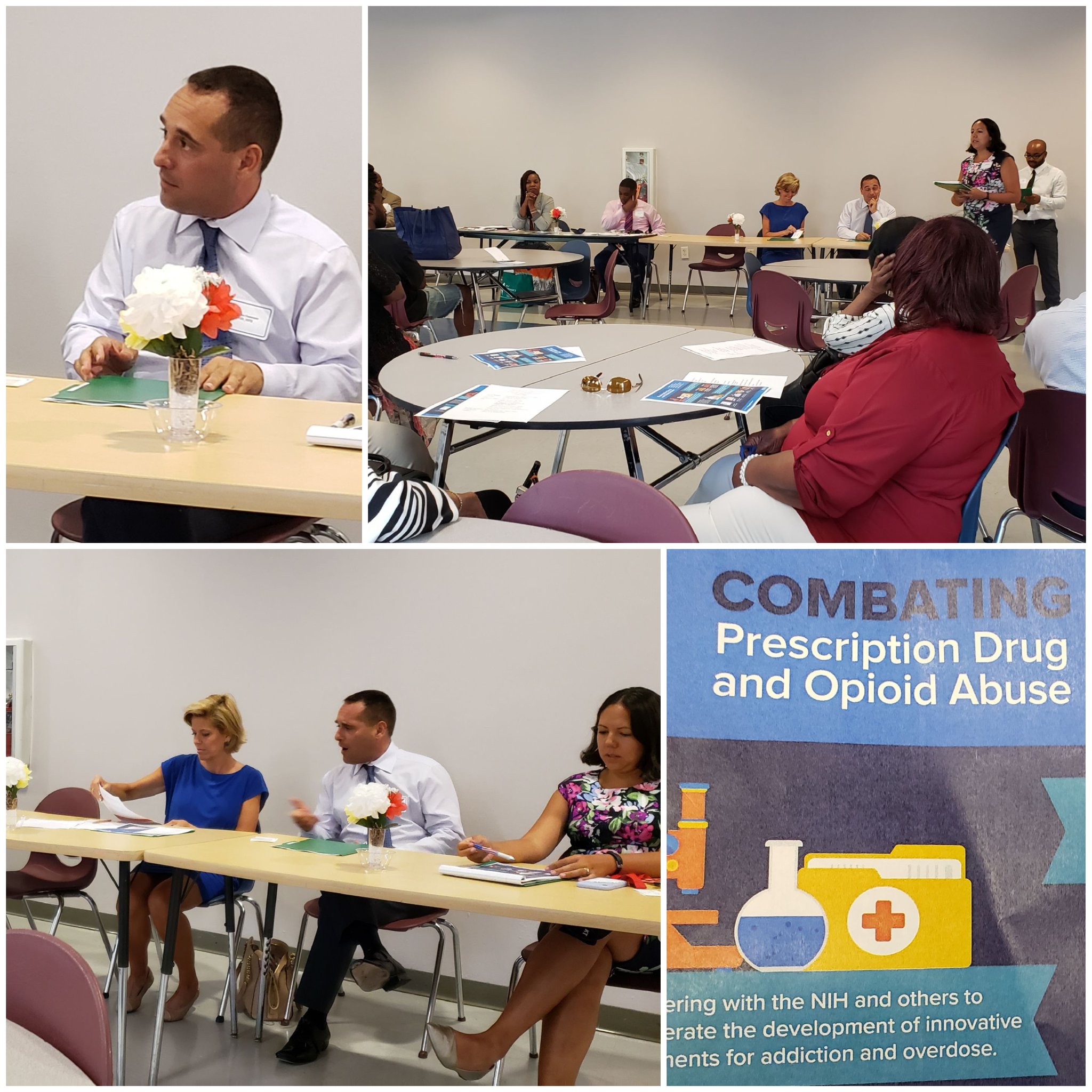Opioid Policies

Much like the rest of the United States, residents of the District of Columbia are struggling with substance use disorder (SUD) rate increases and high rates of opioid-related deaths. Unfortunately, these are multi-faceted issues that require year-long initiatives and systematic programs to address the myriad causes of addiction.
MSDC stands as a partner to the District government and private entities to help arrest the rates of opioid and substance abuse in the District. Through our advocacy for better prescribing practices, education on addiction, and even helping our own community through our Physician Health Program, MSDC is working to make DC a leader in reducing SUD, OUD, and addiction.
On a related note, MSDC is passionate about helping patients make prescriptions and medication more affordable. Whether expanding access to biosimilars or advocating for more affordable co-pays, MSDC wants to help our patients afford the medications they need.
MSDC Statement and Testimony on Opioid and Prescription Issues
25th Council information coming soon
DC Opioid Deaths Increased in 2019
While many states are beginning to see a small decline in opioid-related deaths due to prescription reforms, the District and cities like Baltimore are showing an uptick due to numerous factors. A major factor is the presence of fentanyl especially in heroin laced with the opioid. The District saw 281 fatal overdoses in 2017, then saw a decline, but could again be seeing an upswing. The projected number of deaths for last year is 260.
The upward trend comes amidst implementation of the Mayor's Live.Long.DC plan to address the major reasons for substance use disorder. MSDC applauded the plan's reduction in the use of prior authorization in Medicaid plans for OUD treatments but provisional data suggests numerous other factors are driving the death rate higher.
The report also comes at the beginning of the Council's budget process. With the Council currently undergoing executive department performance reviews then budget allocations, the opioid crisis undoubtedly will come up in budget discussions. At the Committee on Health hearing on January 31 for the Mayor's Commission for Healthcare Systems Transformation, CM Vince Gray noted the numbers represent a "trend moving in the wrong direction".
MSDC and its members remain committed to working with the District government and private stakeholders to reduce the number of opioid deaths and addictions in the District.
Sample of Legislation MSDC Tracked on Opioid and Prescription Policy
What does it do? The bill authorizes licensed pahrmacists to dispense interchangeable biological products and requires notifications to physicians when such interchangeables are dispensed.
MSDC position: MSDC has a position of priority support on this legislation, identifying its passage as one of its highest legislative priorities.
Current status: SUCCESS. The bill was passed by the Council and signed by the Mayor.
What does it do? The bill requires prescription opioid medications to include a statement that the drug is an opioid and opioids may cause dependence, addiction, or overdoes.
MSDC position: MSDC supports the legislation.
Current status: The bill had a hearing before the Committee on Health on July 29, 2020. MSDC leader Dr. Sam Kareff testified for the Medical Society. It passed the Council on November 10 and was signed by the Mayor December 7.
What does it do? The bill prohibits insurance companies from factoring the use of PreP in decisions related to disability, life, or long-term care policies.
MSDC position: MSDC supports this legislation
Current status: The bill was introduced on January 8, 2019 and assigned to the Committee on Business and Economic Development.

Leave a comment